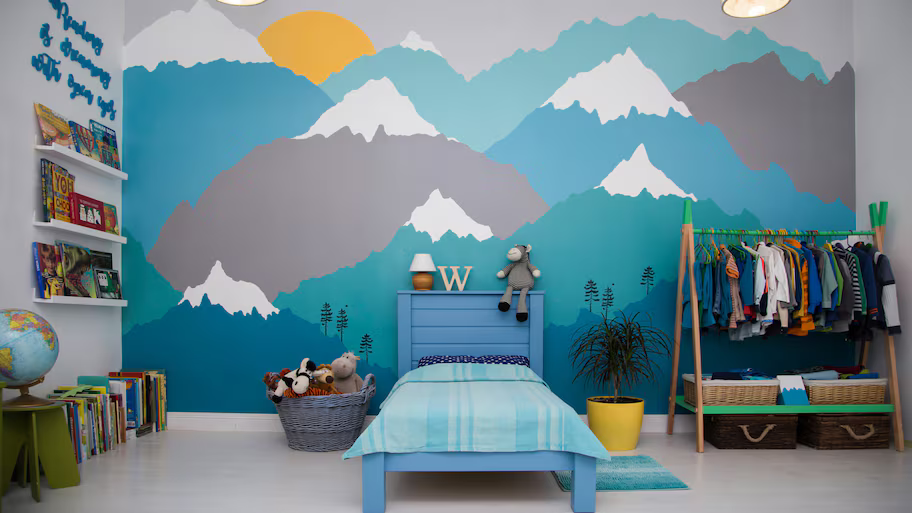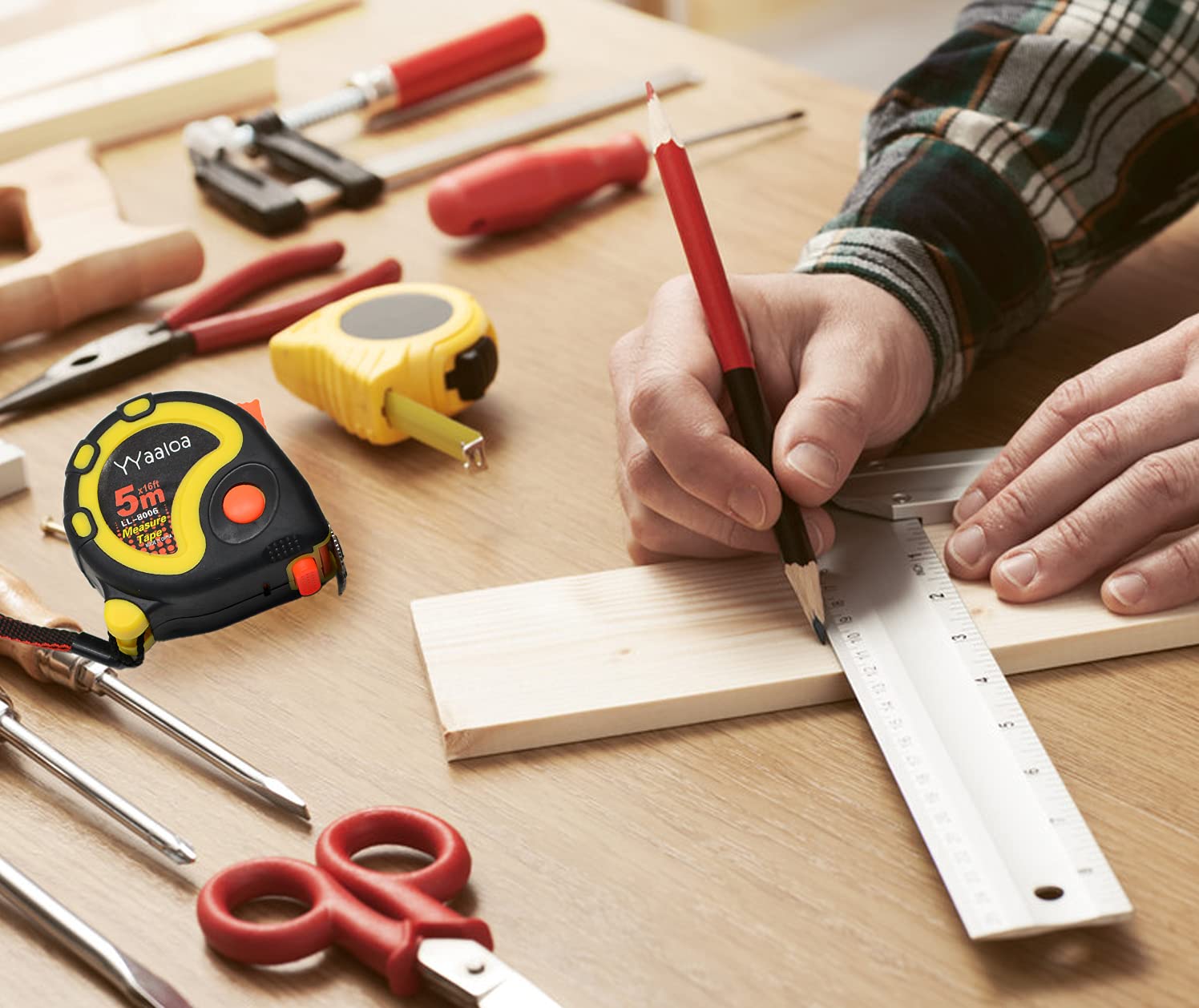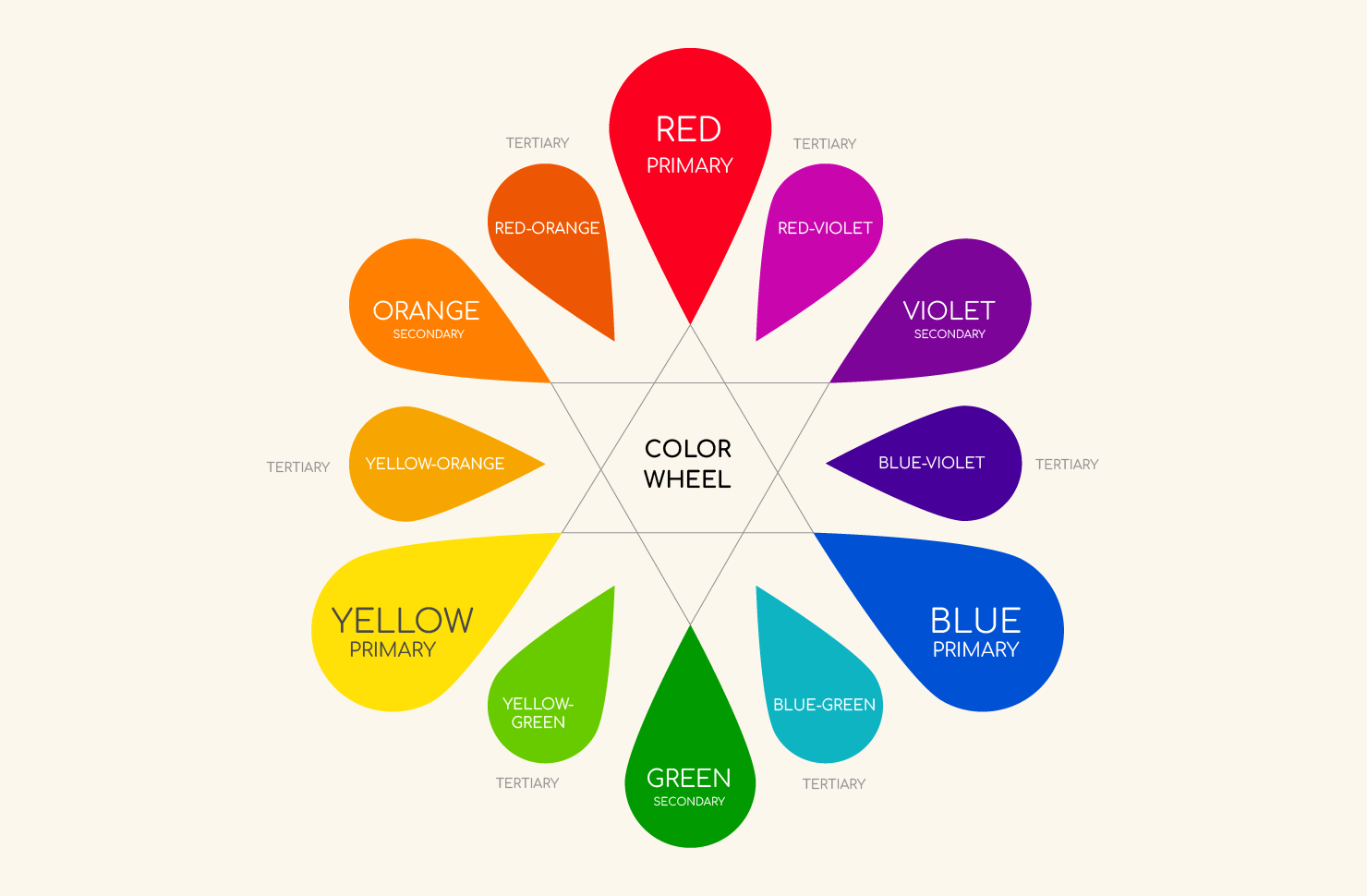How Leading Brands Are Leveraging Social Media for Success in 2025
In 2025, social media has become an indispensable tool for brands aiming to connect authentically with their audiences. From embracing emerging platforms to harnessing the power of micro-influencers, leading brands are innovating their strategies to stay ahead. Here’s a look at how some of the most successful companies are leveraging social media this year:
1. White Fox Boutique’s Viral Marketing Strategy
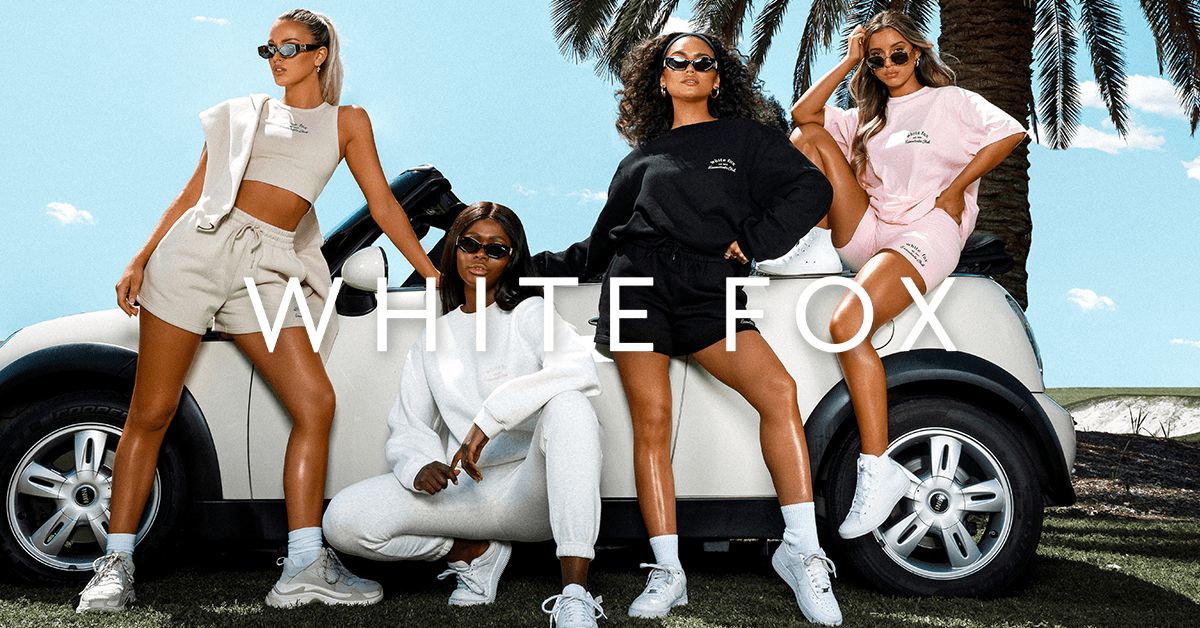
Australian fashion brand White Fox has captivated Gen Z consumers through a potent mix of influencer marketing, aspirational branding, and viral social media strategies. Their ambassador initiative, White Fox University, engages student influencers to promote the brand in exchange for clothing and discounts, fostering a community of young, aspirational consumers.
🎯 Why It Stands Out:
-
Leveraged celebrity influence and social media to build a strong brand presence.
-
Created a community-driven marketing approach that resonates with younger audiences.
2. Unilever’s Influencer-First Approach
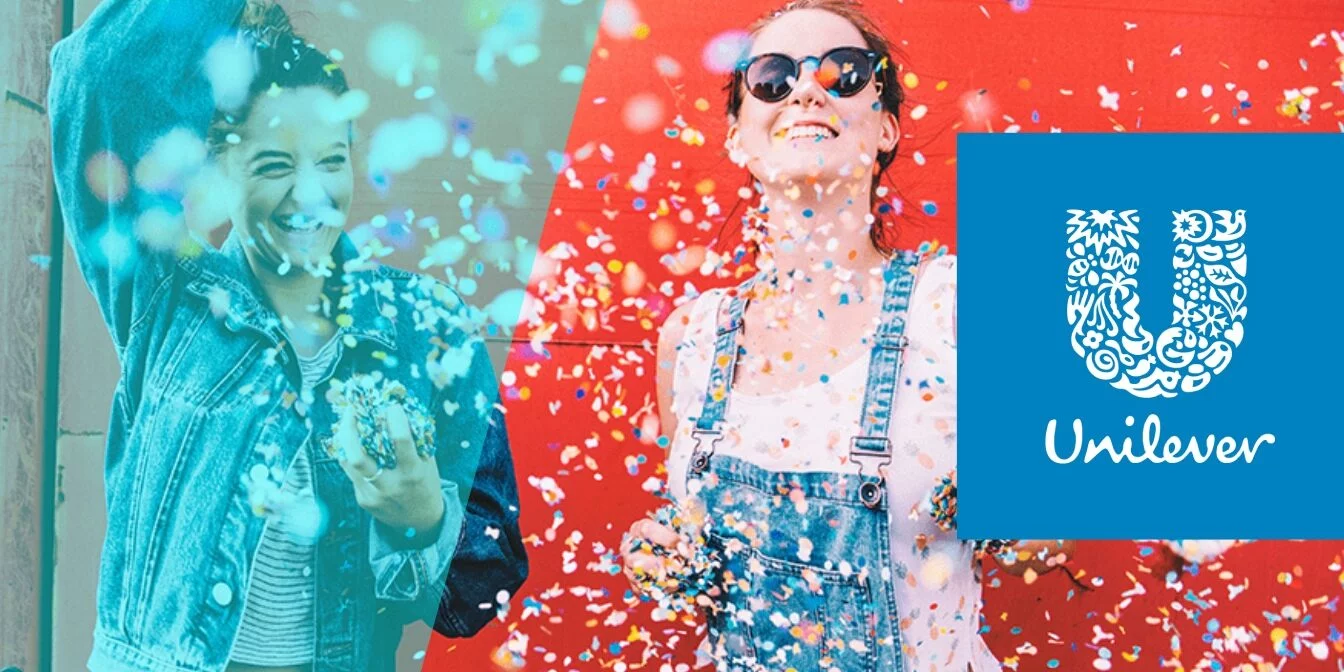
Unilever has shifted its advertising strategy away from traditional methods to focus on influencer marketing, recognizing that consumers are increasingly skeptical of corporate advertising. By recruiting a vast network of influencers across various regions, Unilever aims to harness the trust and engagement these influencers have with their followers.
🎯 Why It Stands Out:
-
Emphasized authenticity by allowing influencers to speak for the brand.
-
Adapted to changing consumer behaviors favoring influencer recommendations.
3. Nike’s Purpose-Driven Campaigns

Nike’s #YouCantStopUs campaign combined sports highlights with a powerful social message, aligning the brand with ongoing social conversations. This approach led to a significant increase in online interactions and demonstrated the power of purpose-driven marketing.
🎯 Why It Stands Out:
-
Successfully integrated social issues into brand messaging.
-
Enhanced brand affinity through emotionally resonant content.
4. Chipotle’s TikTok Engagement
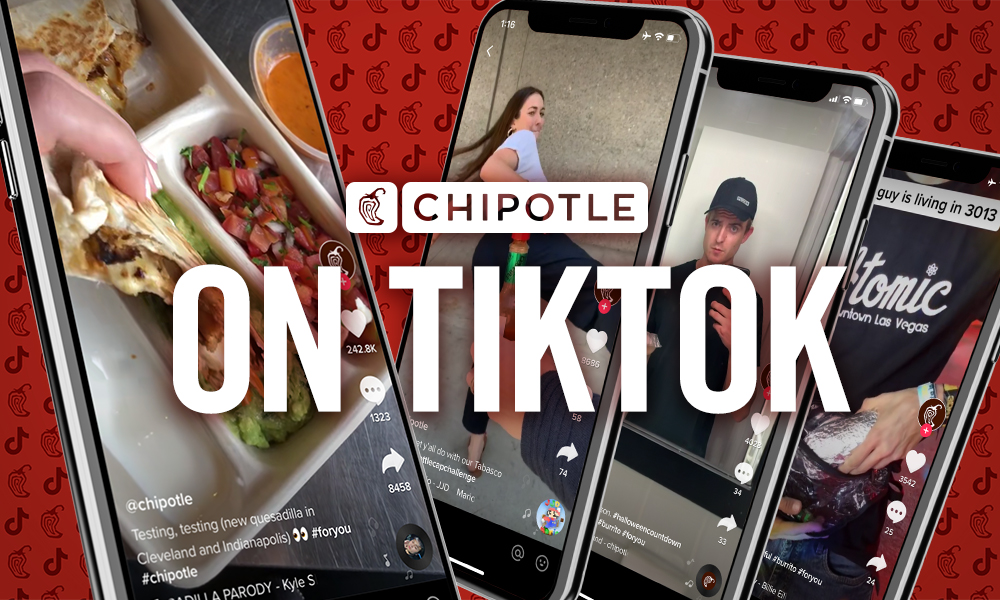
Chipotle has mastered TikTok marketing by leaning into viral challenges and user-generated content. Their #GuacDance challenge, celebrating free guacamole, generated over 250,000 submissions, becoming TikTok’s highest-performing branded challenge at the time.
🎯 Why It Stands Out:
-
Encouraged massive user participation through engaging content.
-
Leveraged platform-specific trends to boost brand visibility.
5. GoPro’s User-Generated Content Strategy
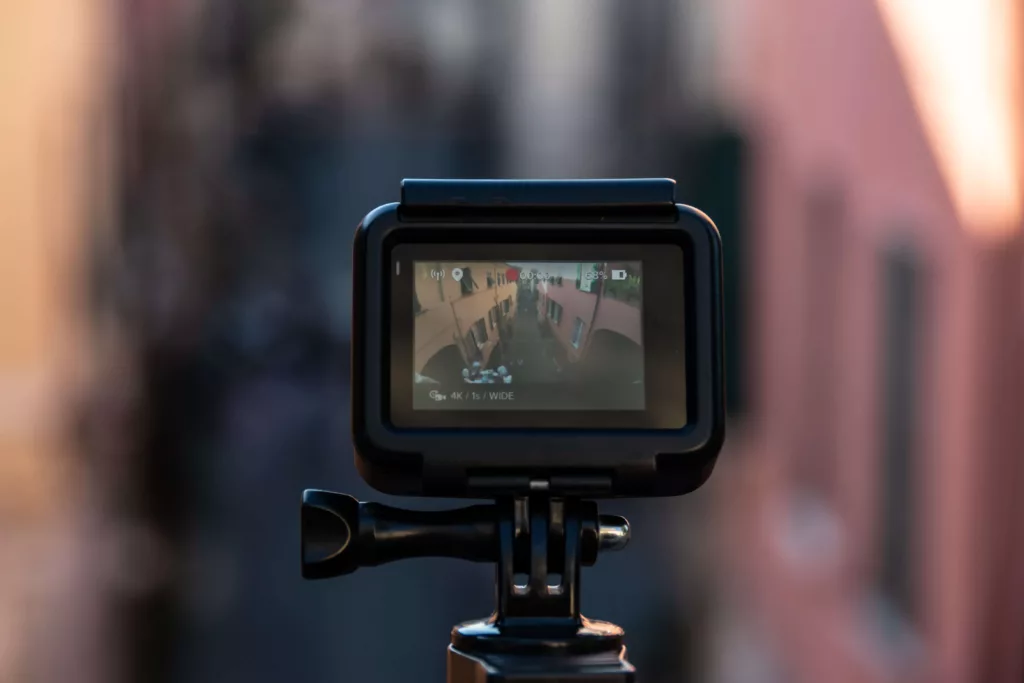
GoPro’s “Million Dollar Challenge” transformed customers into brand ambassadors by showcasing their adventurous experiences on social media. This user-generated content strategy improved engagement and built a solid community around the brand.
🎯 Why It Stands Out:
-
Empowered users to contribute to brand storytelling.
-
Fostered a strong sense of community and brand loyalty.
6. Dove’s Real Beauty Sketches Campaign
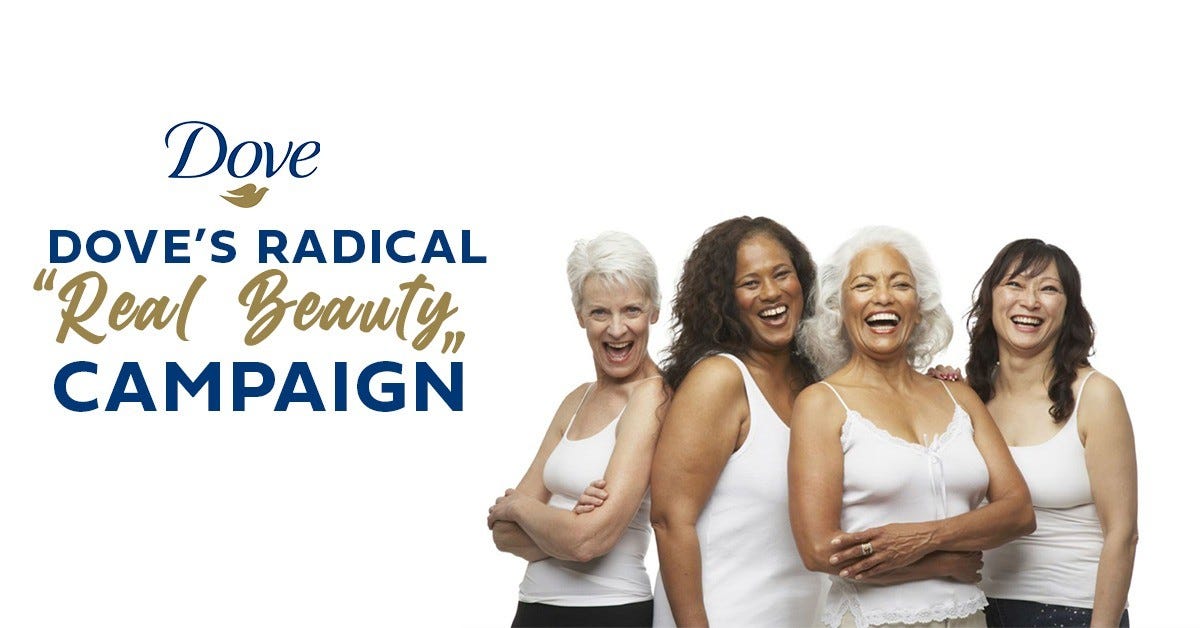
Dove’s “Real Beauty Sketches” campaign featured women describing themselves to an artist who drew two sketches: one based on their self-description and another based on how others saw them. The campaign promoted self-acceptance and connected with audiences through emotional storytelling.
🎯 Why It Stands Out:
-
Addressed societal issues related to self-image.
-
Utilized powerful storytelling to engage viewers.
7. IKEA’s Virtual Reality Showroom
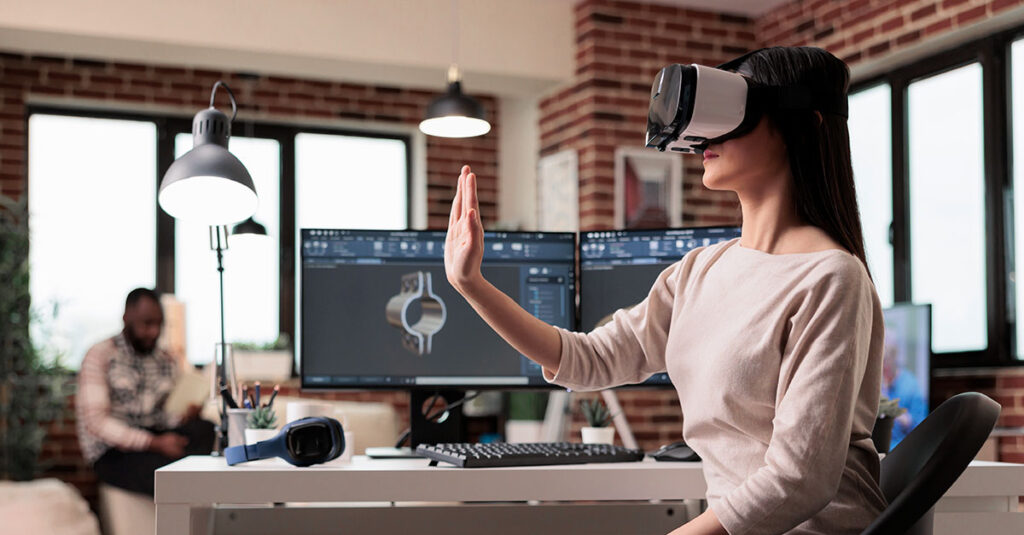
IKEA introduced a virtual reality showroom that allowed customers to explore and customize room layouts in a 3D environment. This immersive experience enabled users to visualize furniture arrangements and make informed purchasing decisions from the comfort of their homes.
🎯 Why It Stands Out:
-
Enhanced online shopping with interactive 3D visualization.
-
Bridged the gap between digital exploration and physical retail.
8. Coca-Cola’s AI-Driven Personalization and Social Engagement.

Coca-Cola has embraced artificial intelligence to create personalized content and enhance social media engagement. Through initiatives like the “Create Real Magic” campaign, the brand invited users to generate AI-powered artwork, resulting in over 120,000 unique pieces displayed on digital billboards worldwide. Additionally, Coca-Cola’s refreshed “Share a Coke” campaign integrates QR code-powered digital hubs, allowing consumers to personalize bottles and share their creations on social platforms.
🎯 Why It Stands Out:
-
Leveraged AI to foster user-generated content and personalization.
-
Integrated digital and physical experiences to engage consumers across platforms.
Final Thoughts: The Future of Social Media Marketing
In 2025, leading brands have demonstrated that success on social media hinges on authenticity, innovation, and meaningful engagement. By leveraging emerging technologies like AI for personalization, embracing user-generated content, and aligning with social values, companies are forging deeper connections with their audiences. As the digital landscape continues to evolve, brands that prioritize genuine interactions and adapt to new platforms will remain at the forefront of social media marketing.
editor's pick
news via inbox
Nulla turp dis cursus. Integer liberos euismod pretium faucibua



